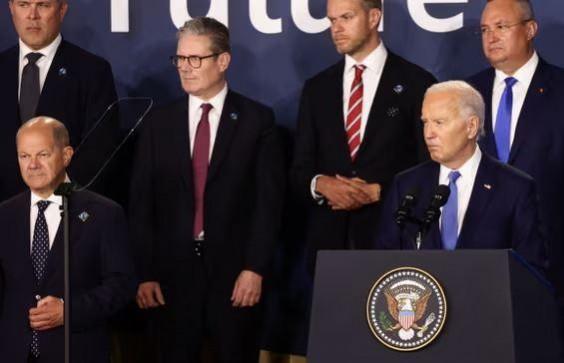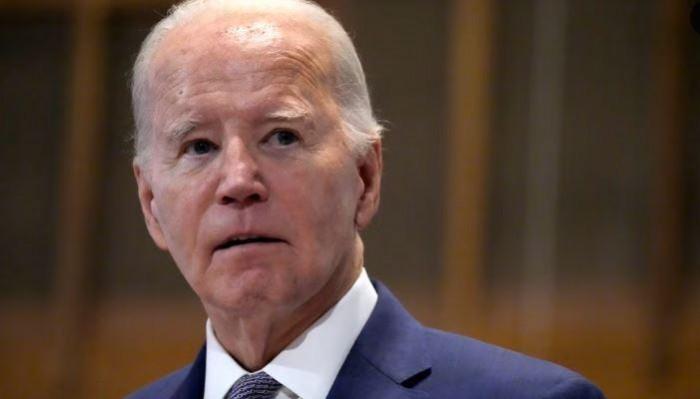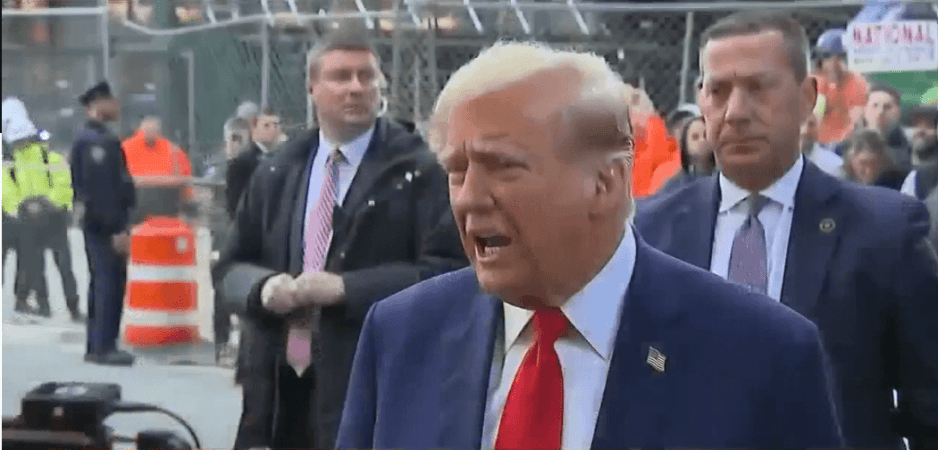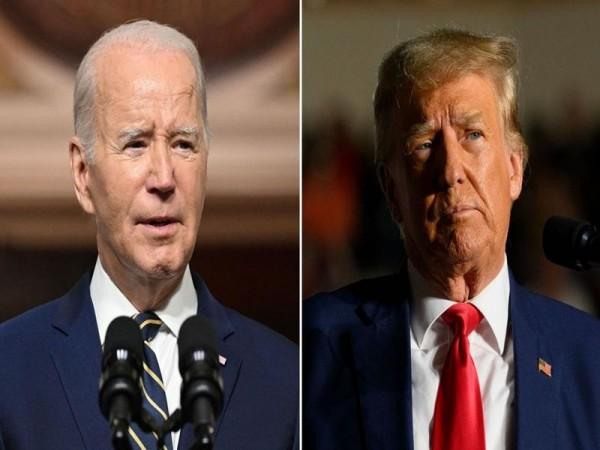
In a surprising turn of events, US President Joe Biden has announced his decision not to seek re-election, endorsing Vice-President Kamala Harris as his successor. This announcement has drawn reactions from leaders around the globe, with many offering tributes to Biden's decades of service and expressing their anticipation for the upcoming US election.
Biden's decision comes at a critical juncture, with ongoing conflicts in Ukraine and Gaza, escalating tensions with China, and European allies concerned about a potential resurgence of Donald Trump's 'America First' policy. The political landscape is fraught with uncertainty, and Biden's withdrawal has added another layer of complexity to the situation.
Polish Prime Minister Donald Tusk expressed his respect for Biden's decision, acknowledging the difficulty of the choice. He praised Biden's contributions to international security and democracy, stating, you've taken many difficult decisions thanks to which Poland, America and the world are safer, and democracy stronger.

UK Prime Minister Keir Starmer also voiced his respect for Biden's decision, calling his career remarkable. He expressed his anticipation for continued collaboration with Biden during the remainder of his presidency. German Chancellor Olaf Scholz echoed these sentiments, thanking Biden for his contributions to his country, Europe, and the world.
Ukrainian President Volodymyr Zelenskiy expressed gratitude for Biden's unwavering support for Ukraine's fight for freedom. This sentiment was shared by Israeli Defence Minister Yoav Gallant, who thanked Biden for his steadfast backing of Israel, particularly during times of war.
However, not all reactions were positive. Russian state Duma leader Vyacheslav Volodin, an ally of President Vladimir Putin, criticized Biden's record, accusing him of causing problems worldwide and within the US. He suggested that Biden's withdrawal was a result of his realization that he would not be re-elected.

The upcoming US election is now set to be a race between Vice-President Kamala Harris and the Republican nominee, likely Donald Trump. Harris confirmed her intention to run for president following Biden's announcement. This development has transformed the election into a 106-day sprint, a stark contrast to the typically drawn-out American contests.
Biden's decision has also sparked speculation about the potential impact on US foreign relations. Many heads of government and top diplomats had been preparing for a shift in US policy under a potential Trump administration. However, Biden's withdrawal could swing the momentum back towards the center.
Despite the political upheaval, some leaders have maintained their neutrality in the upcoming elections. Czech Prime Minister Petr Fiala described Biden's decision as responsible and personally difficult, expressing his hope for a good President to emerge from the democratic competition of two strong and equal candidates.

President Biden's decision not to seek re-election has sent ripples across the global political landscape. As the world watches the unfolding political drama in the US, the upcoming election promises to be a pivotal event, with potential implications for international security, global power dynamics, and the future direction of US foreign policy. This historic decision, reminiscent of similar choices by past leaders, underscores the significance of the upcoming election and the potential for a transformative shift in the global political landscape.









